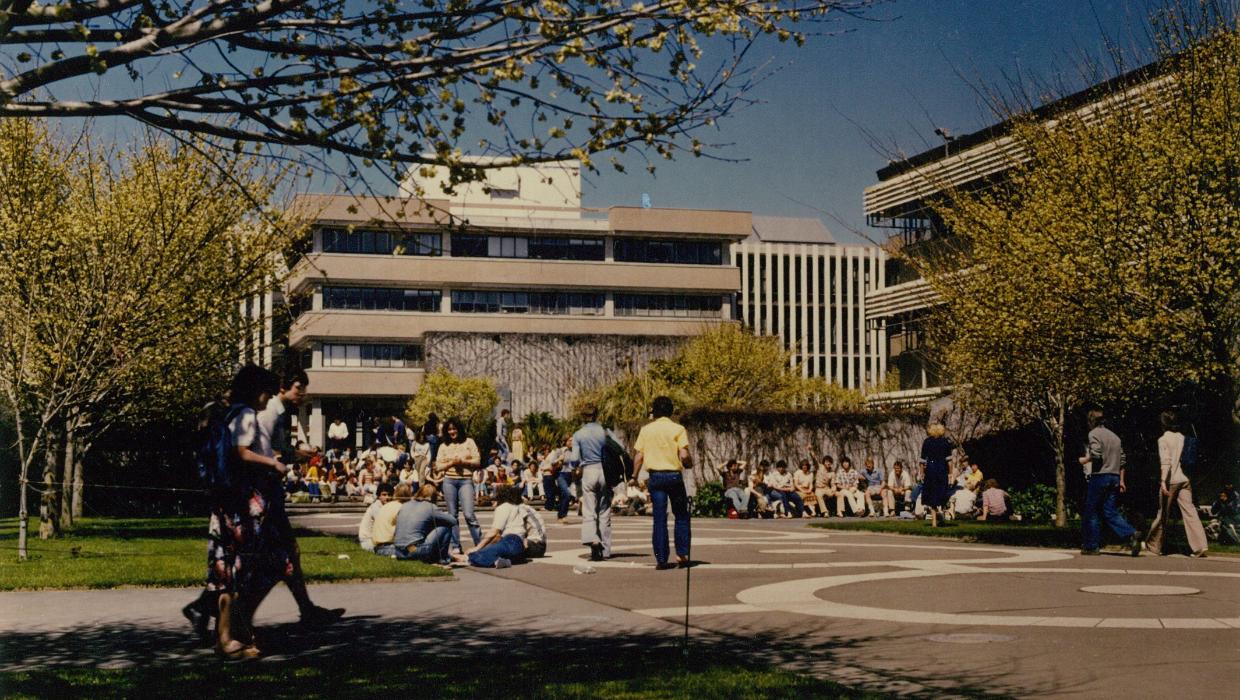- · 0 friends
-



 5 followers
5 followersM
Opinion Piece: Higher education’s ‘quiet revolution’ a vital evolution
These changes are physically visible on our university campuses. A combination of declining birth rates in recent decades (meaning fewer school leavers) and a government focused on vocational education means that, for domestic students, the demand for a traditional, campus-based university education will never speak to their needs and, for providers, return full-time enrolments to pre-Covid levels. We need to reset our expectations and act accordingly.
-
- · Rob Elshire
- ·
The above opinion piece is in response to a recent opinion piece by Steve Stannard. While I am not sure that I buy his argument about PhD research and working from home as a key driver, the Massey Palmerston North campus resembles a ghost town.
When other New Zealand universities' student numbers are up (s.f. Record student numbers at Canterbury University), Massey provost's piece here rings hollow. That it resembles the cafe owners in the news who blame cycle lanes for their failing businesses is concerning.
-
There are some arguments here that I don't buy, but at least they mention Covid-19 as a significant contributing factor:
A 2022 EY report, titled Are universities of the past still the future?, notes that while the peak of the Covid-19 emergency has passed, universities globally are still grappling with the fallout of the pandemic.
[aside: I can't see any mention of peaks in that report; it just has "universities are still reeling from the global pandemic"]
... and their overall summary seems on-point:
Demographic shifts, geopolitical instability, changing workplace expectations and student preferences for super-flexibility and personalised learning comprises something of a perfect storm. Universities that adapt will be the ones that survive.
A few arguments in the breakdown seem odd to me:
- "declining birth rates in recent decades (meaning fewer school leavers)" - huh? Can't see how that would be a significant factor, especially not on a sub-decade timeframe.
- "digital disruption, accelerated by the advent of generative AI" - suggesting generative AI had a substantial role in digital disruption also seems like it gives generative AI too much credit. The disruption started happening well before generative AI became popular. I would argue that more substantial digital disruptors [in the context of education] have been Khan Academy (2008), Wikipedia (2001), and Youtube (2005). Professor Byrnes does discuss this later on - "Universities no longer have a monopoly on higher learning, as global EdTech providers can now bring quality course content, underpinned by engaging video, graphics and gamified learning approaches, to reimagine learning in ways that were unimaginable 30 or 40 years ago."
- "universities in 2030 risk being like public libraries in 2021: temples of knowledge that few visit because information and services have been dematerialised to screens." - it is disappointing that libraries are portrayed in this way. Laurinda Thomas has a great discussion about these dangerous myths on Youtube [TEDxWellington 2016].
There is a demand curve for university education, as there is for every other resource. To balance out a decrease in numbers, it's necessary to either decrease the price people pay for the service, or increase the rewards people get for use of the service. Increasing the asking price for education, at the same time as cuts to services, is a recipe for [economic] disaster.
-
- · Rob Elshire
- ·
Thanks for this set of comments @David Eccles (gringer) . You make a lot of good points and add informative resource links.
One thing her opinion piece is glaringly lacking is the effects of the long march of managerialism in tertiary education here and abroad. Which is what made me think of those cafe owners hard done by due to external forces.
Her comment about public libraries is puzzling, particularly here in Palmerston North. The City Library is buzzing. In addition to great traditional services provided by information professionals, it has transformed itself by adding on an incredible maker space. They also run a mobile library in a converted bus, the sight of which always makes me smile.





